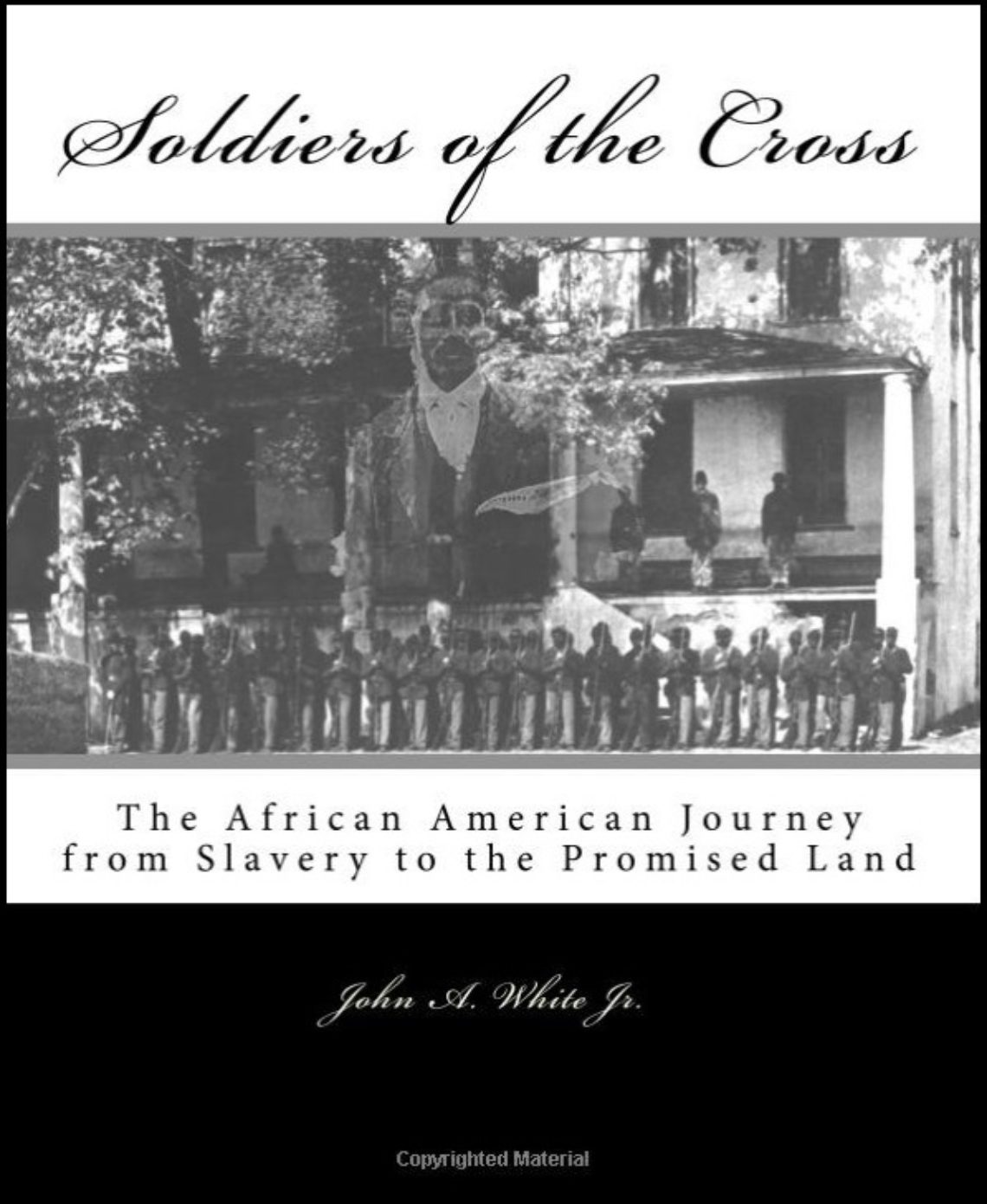
Fig. 39. The Jubilee Singers (The American Experience, PBS Online)
The spirituals were first introduced outside of the African American community by the Fisk Jubilee Singers at Oberlin College. I had the opportunity to participate in an African American USCT Living History program at Oberlin College twenty years ago. Oberlin College is in northern Ohio in a small town of the same name. Oberlin was the home of Lewis Clarke, a former slave that inspired Harriet Beecher Stowe, who was the author of the book “Uncle Tom’s Cabin.” Oberlin College was the only college that admitted black students in the 1830’s. The college was founded by two Presbyterian ministers and was against slavery
On November 16, 1871 a national convention of influential ministers was held at the college and the Fisk Jubilee Singers performed. The singers were trying to raise money for Fisk University. They wanted to build class rooms that could not be burned down by the KKK. They had sung common songs of the period for white audiences before but they were not inspirational and did not raise much money. They sang a couple of the contemporary ballads at Oberlin but results were again uninspiring. For the first time however, the singers started singing spirituals, the songs born during great tribulation. These were songs that were sung in secret prayer meetings in woods, fields and slave trading yards. They sang “Still Away to Jesus” and “All of a sudden, there was no talking,” [1] says musicologist Horace Boyer. “They said you could hear the soft weeping . . . and I’m sure that the Jubilee Singers were joining them in tears, because sometimes when you think about what you are singing, particularly if you believe it, you can’t help but be moved.” Many people in the audience had been abolitionist that took a stand against slavery when their position was not popular. Many were criticized for being abolitionist but now they felt exonerated. They felt that Jesus did not support American slavery and they were now rewarded with this spiritual serenade.
Following their successful appearance at Oberlin College word spread and they were invited to other events. In December the Jubilee Singers appeared at Henry Ward Beecher’s weekly prayer meeting at Brooklyn’s Plymouth Church. Following that appearance demand for the singers surged. They would go on and sing for Mark Twain, President Ulysses S. Grant, congressmen and diplomats. They made spirituals such as“Swing Low, Sweet Chariot” and “This little light of mine,” a permanent part of American heritage.
They toured Europe as well, performing for the royal families of Holland, Germany, and Britain. Queen Victoria wrote in her journal: “They are real Negroes,” “They come from America and have been slaves. They sing extremely well together.”
The Jubilee Singers returned to Fisk University after seven years of touring. They had raised enough money to complete Jubilee Hall and save the school from financial failure. As well as save the college the singers also saved souls and brought unbelievers closer to Jesus.
The spirituals united free blacks and slaves in their worship of God. The spirituals united people that were the descendents of many African tribes and gave them hope that carried them through the days of tribulation. The spirituals were translated into gospel music in the twentieth century and remained part of Africa American religious faith. However, many popular contemporary singers were trained in the church but altered their music for the large secular audience. Where spirituals focused on maintaining a relationship with God, secular music focused on maintain relationships with people. Relationships with God tend to substantially support human needs for security more than unpredictable relationships with people. The life of Whitney Houston is a good example. A great gospel voice was born in the church but ended tragedy by drugs in the secular world. This was a scenario repeated many times over by many singers and artist. The path to heaven revealed in the spirituals was replaced by drugs, the shortcut of the secular world to heaven.
Butler’s Political Career
Butler switched from the conservative Democratic Party to the liberal Republican Party. He served in the US House of Representatives from 1867 to 1875. He drafted the initial version of the Civil Rights Act of 1871, called “The Ku Klux Klan Act.” Butler tried to outlaw racial discrimination in public places, although it would not be until the Civil Rights Act of 1964 was passed that Butler’s provisions would become law.
The film “Birth of a Nation” claimed that black troops protected newly won black voting rights during the initial phase of reconstruction. Blacks used the opportunity to elect black representatives to Congress who were not greeted with open arms except for Butler. Following the battle of New Market Heights Butler said “And, as I guided my horse this way and that way that his hoof might not profane their dead bodies, I swore to myself an oath, which I hope and believe I have kept sacredly, that they and their race should be cared for and protected by me to the extent of my power so long as I lived.” Butler kept his promise, at a colored banquet in New Orleans, the master of ceremonies offered the toast: “Here’s to General Butler. He has a white face, but he has a black heart.” [2]
Butler was the governor of Massachusetts from 1883 to 1884, after which he ran for the presidency of the United States. In that short period as governor, he made several historic appointments. He was the first to appoint an African American (George Louis Ruffin) and an Irish American as judges. He was also was the first to appoint a woman to executive office. He appointed Clara Barton to head the Massachusetts Reformatory for Women (Wikipedia).
[1] PBS Online, “The Jubilee Singers,” The American Experience, http://www.pbs.org/wgbh/amex/singers/filmmore/description.html.
[2] R. S. Holzman, Stormy Ben Butler, 205.
